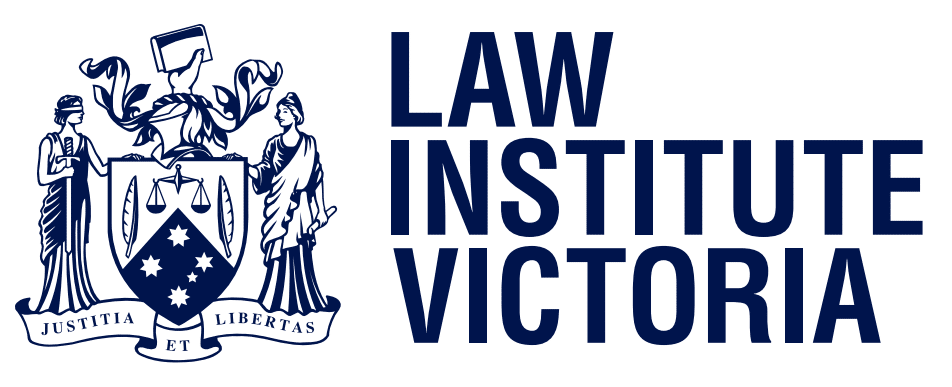Do you have questions about writing a Will? Do you know what is required to validly create a Will and to ensure that your loved ones can receive your assets after you pass away? Explore all aspects of setting up a Will and make sure that your wishes are followed when you die.
When should you make a Will?
Many people don’t even think about a Will until they reach retirement age. But it’s a good idea to start thinking about making a Will long before then. As soon as you are an adult with assets of your own – no matter how insignificant you feel these assets are – it is worth considering what would happen to them when you die.
Wills become more important when you have matters that will need to be dealt with after your passing. This includes if you have children (particularly dependent children), if you own property, and if you are married or divorced.
How can you ensure your Will is valid?
While we have all seen the TV trope of the final wishes written on a napkin, a Will is only valid if certain requirements are met.
Firstly, your will must be made in writing and signed in front of at least two witnesses. These witnesses must also sign the Will. There are specific rules about how Wills are witnessed – including if witnesses need to be physically present or not – which are worth discussing with a solicitor.
Secondly, you must have the mental capacity to create a valid Will. This means that you cannot be suffering from a mental degenerative condition which prevents you from understanding what you are committing to.
What are the key things to consider when making your Will?
Writing a Will is something that should be carefully considered. When you stop to look at your life, you will realise how many important things you have to think about in the case that you’re not here anymore. Some of the key things to consider include:
- Children: If you have children that are still dependant on you, you should nominate someone to care for them until they become adults. Choosing a legal guardian is a very big decision, but it should be someone who can take on the role emotionally, financially and physically, as well as align with your parenting values. You can add detail to your Will around your wishes for your child’s education, residence, future life and more.
- Assets: Look at all your assets – property, land, cars – and make plans for who will receive these. Make sure you note if you own the asset independently or not.
- Belongings: Family heirlooms, significant pieces of jewellery or even an old magazine collection are all things you may want to specifically pass down to someone. Consider all your cherished items and what you would like to happen to them.
- Beneficiaries: Beneficiaries are the people who receive a share in your residuary estate, or what remains after the payment of any debts and expenses. These can be anyone you choose, and you may like to consider family, friends, charities, organisations and more.
Do you need to choose a Power of Attorney?
When writing a Will, it’s a good idea to also consider your Powers of Attorney. A power of attorney is a person appointed to act on another person’s behalf. They can make legal, financial and personal decisions in the case where you are unable to do so, such as if you’ve been in a serious accident or you’ve lost your mental capacity. This person should be someone you trust completely and someone who you know will act in your wishes and best interests. Many people choose a spouse, sibling or adult child.
Who should you work with to write a Will?
It is possible to write a Will yourself using a DIY kit or similar. While this option may work for some people with very simple and limited assets, most people should choose to work with a professional.
A lawyer who specialises in Wills and Estates law can ensure that your Will is valid, abides by all legal constraints, and will not be challenged after you die. They can also provide valuable advice on the best way to prepare your Will and to distribute your assets amongst loved ones and elsewhere.
What happens if you don’t have a Will?
People who don’t have a Will, or who have prepared an invalid Will, risk dying ‘intestate’. When this happens, your assets are distributed according to a formula that gives parts of your estate to all your beneficiaries. This happens whether you want certain people to receive more than others or not. It also means that you can’t give money to charities or organisations, and you can’t gift special pieces to certain people.
Having a Will in place means that your wishes can be followed after your passing, and it saves a lot of stress and worry to the people you leave behind.
If you need help making a Will, the expert team at RV Legal is here to help.
For a confidential discussion, contact us today:
- Via our online contact form



